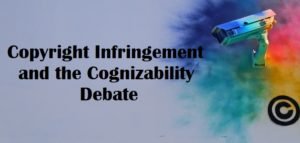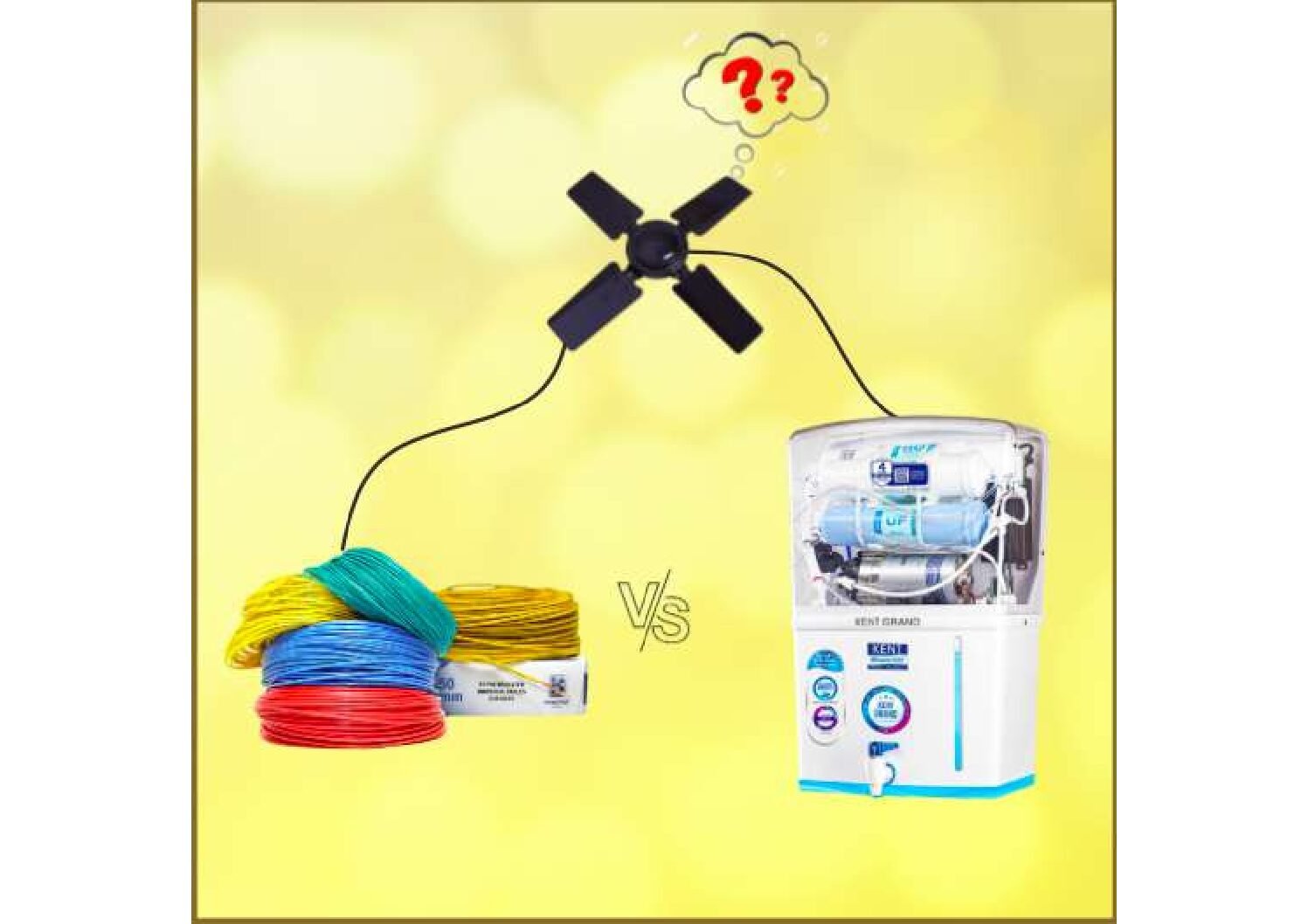We are pleased to bring to you our next guest post by Abhishek Iyer, 3rd Year B.A.-LL.B. Student at Gujarat National Law University, Gandhinagar.
On 5th March, 2020, Hon’ble Rajasthan High Court in Nathu Ram & Ors. v State of Rajasthan[i], while referring to a larger bench considered the issue of Cognizability of a Copyright Infringement, thus bringing back this debate. This article shall analyse the relevant legal provisions and jurisprudential developments to better understand how Courts have dealt with this issue over the years.
Classification conundrum: CrPC vis-à-vis The Copyright Act
A Cognizable offence under Section 2(c) of Code of Criminal Procedure, 1973[ii] [Hereinafter “CrPC”] is where a police officer may make an arrest without a warrant. Provisions of The Copyright Act, 1957 [Hereinafter “Copyright Act”] do not explicitly specify the nature of the offences, unlike for instance, the Trademarks Act, 1999 which specifies offences on being cognizable, non-bailable, etc. Therefore, to understand the cognizability aspect of an offence of Copyright Infringement under Section 51[iii] of the Act is largely, left to the wisdom of courts. Copyright is an exclusive right available to the owner which subsists in, inter alia, dramatic work, literary work, musical work or cinematographic work. Penalty for copyright infringement is prescribed under Section 63[iv] of the Act which includes imprisonment that may extend to three years.
Now, to understand if the offence of copyright infringement is cognizable under CrPC, it is important to focus on the extent of imprisonment as provided in the Act. Part II of the First Schedule of CrPC provides guideline for classification of offences under ‘other statutes’. The same inter alia, provides that if the said offence is punishable with imprisonment between 3 years to 7 years, the same is classified as a cognizable and non-bailable offence. However, if the said offence is punishable for less than 3 years or otherwise, the same is classified as a non-cognizable and bailable offence. After 1984[v], punishment for copyright infringement under the Act is upto 3 years. So, cognizability though not specified will be determined on the quantum of punishment. However under Section 64[vi] of the Act, a police officer can make an arrest without warrant, thus the question still remains unsolved due to the imbalance between the ability to arrest without warrant vis-à-vis the quantum of punishment.
Jurisprudential analysis:
This debate needs to settle for it creates unnecessary ambiguity over the procedure of investigation and the rights of the parties. The crux of this matter lies on two aspects, i.e. the extent of punishment and the power of police officer to seize files and/or arrest without warrant. While, the Hon’ble Supreme Court has never got an opportunity to decide on this issue, High Courts have had a mixed opinion.
In the present case of Nathu Ram & Ors., Hon’ble Rajasthan High Court has opined that, owing to Section 64 of the Act which gives power to a police officer to seize copies or make an arrest without warrant, shows the intention of the legislature to specify this offence as cognizable in nature. However, the larger bench is yet to preside over the matter. In the past, Hon’ble High Court of Andhra Pradesh in Amarnath Vyas v State of A.P.[vii] had held that the scope of offences under the Act was cognizable. Even Hon’ble Kerala High Court in Abdul Sathar vs Nodal Officer[viii] was of the view that, given the maximum term of imprisonment in Section 63 of the Act was 3-years, such offence is ought to be cognizable. Hon’ble Guwahati High Court also ruled on similar lines in Jitendra Pratap Singh vs State of Assam[ix]. It may seem that majority High Courts have agreed to classify the offence under the Act to be cognizable, until 2013, when Hon’ble Delhi High Court in State Govt. of NCT of Delhi v Naresh Kumar Garg[x] had a contrary opinion. Court emphasised on ‘extent of punishment’ under Section 63 of the Act while concluding that, punishment need not be 3-years in all circumstances and while keeping it upto 3-years, the legislature intended to classify this offence to be non-cognizable in nature. Hon’ble Delhi High Court also mentioned that, due to explicit powers with police officer under Section 64 of the Act to seize copies, such offence of copyright infringement amounts to a non-cognizable and bailable offence.
Conclusion & the path ahead:
Lastly, another aspect that has to be noted is the limited jurisdiction via. Section 70[xi] of the Act which basically means that, any offence under the Act shall not be tried by a court inferior to a metropolitan magistrate or a judicial magistrate of first class. In ordinary circumstances, a non-cognizable offence can be tried by any magistrate as per CrPC. Due to this limitation in the Act, it may be argued that the offence of copyright infringement under the Act is a cognizable offence because of Section 70 i.e., it cannot be brought before any magistrate unlike a non-cognizable offence.
While the lines are very blur and a lot is at stake in this modern age of creativity and increasing copyrights, it is about time that the larger bench of Nathu Ram & Ors. takes sufficient care to rest this issue. However, a befitting precedent by the Hon’ble Supreme Court sometime later, shall be the icing on the cake.
End notes:
[i] S.B. Criminal Misc. (Pet.) No. 5128/2019.
[ii] Section 2(c) of Code of Criminal Procedure, 1973 (India).
[iii] Section 51, The Copyright Act, 1957 (India).
[iv] Section 63, The Copyright Act, 1957 (India).
[v] Copyright (Amendment) Act, 1984, Act No. 65 of 1984 (India).
[vi] Section 64, The Copyright Act, 1957 (India).
[vii] 2007 Cr LJ 2025.
[viii] AIR 2007 Ker 212.
[ix] (2004)2 GLR 271
[x] 2013 SCC OnLine Del 1142.
[xi] Section 70, The Copyright Act, 1957 (India).
Image source: here


















Comments are closed.